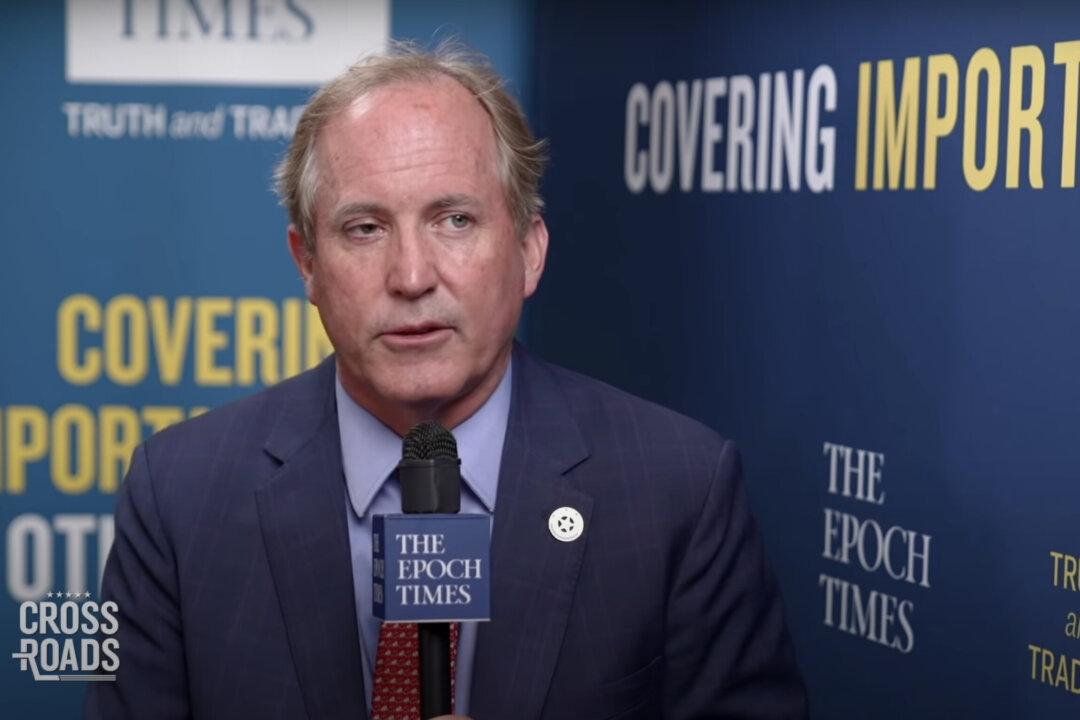Texas Attorney General Ken Paxton has suggested that Big Tech firms should be treated like utility or phone companies in terms of regulation.
Over the past several years, there have been calls for the federal government to regulate Facebook, Twitter, Google, Amazon, and other Big Tech firms, as these companies can exercise great control over what can and can’t be discussed on their platforms. Some conservatives, including former President Donald Trump, have said Section 230 of the Communications Decency Act of 1996 should be repealed or at least changed, while others have said that Big Tech companies have violated antitrust laws and have pursued monopolistic practices.






